When depression affects work performance
When depression affects work performance
The top 3 roles we have successfully placed people with diagnosed depression
- Cleaners
- Administration and office support workers
- Nursing support and individual care workers.
According to Better Health, the signs or symptoms of work-related stress can be physical, psychological and behavioural. Physical symptoms of depression include fatigue, muscular tension, headaches, heart palpitations, sleeping difficulties, such as insomnia, gastrointestinal upsets, such as diarrhoea or constipation and dermatological disorders. Psychological symptoms include depression, anxiety, discouragement, irritability, pessimism, feelings of being overwhelmed and unable to cope, cognitive difficulties, such as a reduced ability to concentrate or make decisions. Behavioural symptoms include an increase in sick days or absenteeism, aggression, diminished creativity and initiative, a drop in work performance, problems with interpersonal relationships, mood swings and irritability, lower tolerance of frustration and impatience, disinterest and isolation.
Working with a mental health condition can play an important role in your recovery
HeadsUp was developed by Beyond Blue and supported by the Mentally Healthy Workplace Alliance. They advise that working while you have a mental health condition can play an important role in your recovery. Working will:
- improve your quality of life and wellbeing
- give structure and routine to your day-to-day life
- contribute to your sense of meaning and purpose
- promote opportunities for social inclusion and support
- provide financial security.
Working with a mental health condition (headsup.org.au)
We’ve helped hundreds of people with depression become cleaners, office support workers/ administration assistants and nursing support/care workers. Let’s take a look at why these roles have been so successful.
Cleaner
- Work by yourself, not much “people contact”
- With little supervision
- Choose a role that suits the hours you work best.
Cleaning roles are not usually 9-5, you can choose a role that suits when you work best – could be days, nights, weekends, full time, part time or casual. The types of cleaning also varies, from domestic and commercial cleaners to specialist cleaners. Often, cleaners only require entry level skills. Employers look for reliable and hardworking people. You may need a police check and Working with Children check (for example, if you are working at a school). Some cleaning roles allow you to complete a Certificate III in Cleaning Services. If you like to work alone with little supervision, and don’t want much “people contact”, cleaning could be a great option for you. Cleaning toolkit
Administration and office support workers
- Social, team environment
- Structured, offers you a routine
- Usually set hours.
Roles in administration and office support can be very rewarding. They can offer social opportunities, and give you a purpose. They are usually in standard office hours, allowing you structure and a routine if that’s how you work best.
Want an application that catches the eye of employers? Check out our Administration cover letter and resume toolkit.
Nursing support and individual care worker
- Use your lived experience to help others
- Offers social inclusion
- Rostered hours, specify your availability for shifts during the hours you work best.
The rewarding nature of a nursing or individual support role can really appeal if you’re looking to improve your quality of life and wellbeing via social inclusion and support. Being able to get out of your own head and into helping others can work wonders. Nursing and individual support roles are a great way that people with disability can use their lived experience to add real value to others.
Nail your application with our tips Applying for a job as an Individual Support Worker? Here’s our top tips for your cover letter and resume. | CoAct Employment
If you’re living with diagnosed depression, we can help you look for work
Many of our clients come to us looking for work with a mental health condition and we help them into a role they’ll keep. If you’re looking for a job and have been diagnosed with depression or anxiety, our Disability Employment Services program (DES) could be for you. Don’t be fooled by the name, it’s an initiative that helps a wide range of people get back into work, including those with mental illness. CoAct has a range of service partners who are mental health specialists. They work closely with you to understand your needs and connect you to the right support network.
Urgent help
If you or anyone you know is in distress you can seek immediate advice and support through Lifeline (13 11 14) and Kids Helpline (1800 55 1800). The Suicide Call Back Service is also available (1300 659 467) and MensLine Australia (1300 789 978).
Post categories
- Employers (20)
- Job seeker tips (172)
- News (56)
- Real stories (144)
- Referral partners (1)







